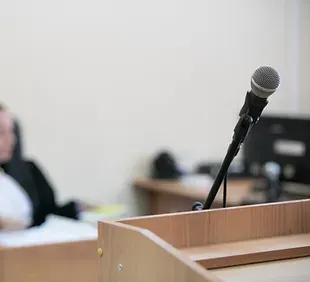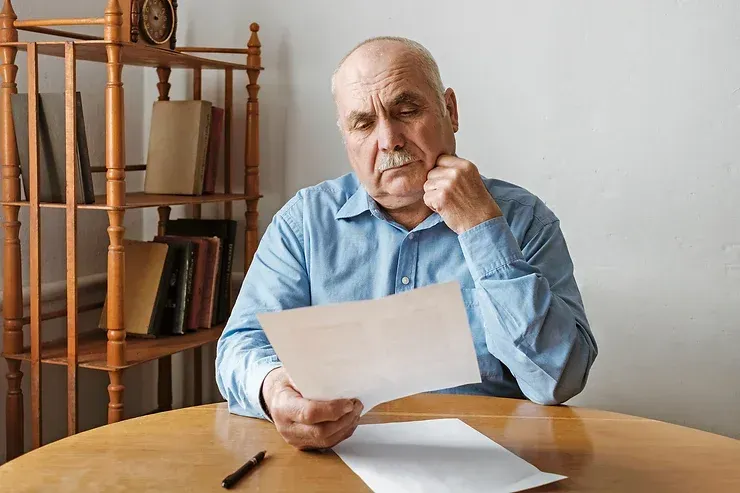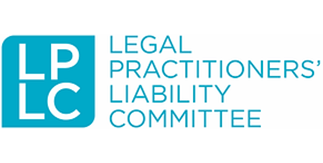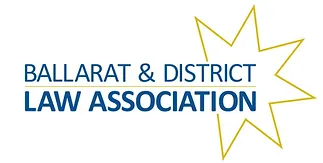What is a Spent Conviction?
What is a Spent Conviction
A ‘spent conviction’ is a crime you were found guilty of at Court that won’t appear on most criminal record checks (police checks).
In December 2021, the Spent Convictions Act was enacted. Before this, a conviction would appear on every criminal record check no matter where you were sentenced to a, with or without conviction.
Criminal convictions can be huge barriers to getting a job, housing, or accessing services. Without a spent convictions scheme, criminal convictions could show up no matter how old they are. With the scheme, old convictions won’t appear on most police checks, and people can move on with their lives more easily.
There are three ways in which your conviction can become spent:
- Immediately after being sentenced
- After your conviction period has been finalised
- On an application to the Court
Convictions that are immediately spent
Your conviction is spent on the day you are sentenced if:
- You were found guilty, but it was recorded ‘without conviction’
- You were found not guilty by reason of mental impairment, or you were found unfit to be tried
- You were under 15 at the time you committed an offence
- You were sentenced in the Children’s Court, and the only penalty was a fine
- The conviction was for an infringement
If you were placed on a ‘without conviction good behaviour bond with conditions’, your conviction will be spent after you have completed and complied with your conditions and your sentence has been finalised.
Applying to the Magistrates Court to get your conviction spent
If your conviction is not eligible to become spent automatically after the conviction, you may be able to apply to the Magistrates’ Court for a spent conviction order. However, not everyone can apply for this order. You can only apply if:
- You were given a ‘serious conviction’, and
- The ‘conviction-free period’ has finished
AND one of the following is true for you:
- You were a child or young offender when the conviction was given, or
- you were an adult (or found guilty in an adult court) convicted of a sexual offence or serious violence offence, and no term of imprisonment was imposed, or
- you were an adult (or found guilty in an adult court) and were sentenced to under five years imprisonment.
What is a ‘serious conviction’
A ‘serious conviction’ is considered too serious to be spent automatically after the conviction-free period.
A ‘serious conviction’ is when you are:
- sentenced to more than 30 months of imprisonment or detention; or
- found guilty of a sexual offence; or
- found guilty of a serious violence offence.
The conviction-free period for a serious conviction is the same as other convictions:
- Five years for children
- Ten years for adults
When applying to the Court, the Court may consider the following:
- the nature, circumstance and seriousness of the offence
- the impact on any victims of the offence
- your personal circumstances
- factors of incarceration and specific impacts if you are Aboriginal or Torres Strait Islander, your age and maturity at the time of the offence
- any rehabilitation you have done
- any risk to public safety in making the order
- any other relevant matters
When can a spent conviction be disclosed
There are three areas where your spent conviction may be disclosed:
- Police checks for some jobs
- In legal proceedings
- Information sharing
Police Checks
Some employers and licensing ®gulating bodies are still allowed to see your spent convictions. However, they can only have your spent conviction information for specific purposes.
If you are applying for a job, a license, or other accreditation with these places and they require a police check, your spent conviction will show up. For example, if you are applying for a Working with Children’s Check, you will need to submit a police check; they are allowed to see your spent convictions for the purpose of assessing your eligibility for working with children.
Other industries in which spent convictions may be disclosed can include:
- Working, volunteering or providing care for children
- Health practitioner registration
- Commercial vehicle driver or owner accreditation
- Jobs with Corrections Victoria
- Jobs with Court Services Victoria
- Disability workers
- Public transport drivers
- Jobs with the Independent Broad-based Anti-Corruption Commission
- Jobs with the Office of the Victorian Information Commissioner
- Boxing and combat sport licenses
- Registration as a marriage celebrant
- Immigration matters
- Licenses to grow and process poppy plants
- Appointments of honorary justices
- Firearms licenses
- Gambling licenses
- Registration as a teacher
- Admission as a lawyer
Need help with getting a non-conviction?
The spent convictions laws are new and complex. How it works will also change depending on your personal circumstances and the regulations. If you need help with getting the best possible outcome for your matter, please call our office on 03 5331 7944.
What is a Spent Conviction
A ‘spent conviction’ is a crime you were found guilty of at Court that won’t appear on most criminal record checks (police checks).
In December 2021, the Spent Convictions Act was enacted. Before this, a conviction would appear on every criminal record check no matter where you were sentenced to a, with or without conviction.
Criminal convictions can be huge barriers to getting a job, housing, or accessing services. Without a spent convictions scheme, criminal convictions could show up no matter how old they are. With the scheme, old convictions won’t appear on most police checks, and people can move on with their lives more easily.
There are three ways in which your conviction can become spent:
- Immediately after being sentenced
- After your conviction period has been finalised
- On an application to the Court
Convictions that are immediately spent
Your conviction is spent on the day you are sentenced if:
- You were found guilty, but it was recorded ‘without conviction’
- You were found not guilty by reason of mental impairment, or you were found unfit to be tried
- You were under 15 at the time you committed an offence
- You were sentenced in the Children’s Court, and the only penalty was a fine
- The conviction was for an infringement
If you were placed on a ‘without conviction good behaviour bond with conditions’, your conviction will be spent after you have completed and complied with your conditions and your sentence has been finalised.
Applying to the Magistrates Court to get your conviction spent
If your conviction is not eligible to become spent automatically after the conviction, you may be able to apply to the Magistrates’ Court for a spent conviction order. However, not everyone can apply for this order. You can only apply if:
- You were given a ‘serious conviction’, and
- The ‘conviction-free period’ has finished
AND one of the following is true for you:
- You were a child or young offender when the conviction was given, or
- you were an adult (or found guilty in an adult court) convicted of a sexual offence or serious violence offence, and no term of imprisonment was imposed, or
- you were an adult (or found guilty in an adult court) and were sentenced to under five years imprisonment.
What is a ‘serious conviction’
A ‘serious conviction’ is considered too serious to be spent automatically after the conviction-free period.
A ‘serious conviction’ is when you are:
- sentenced to more than 30 months of imprisonment or detention; or
- found guilty of a sexual offence; or
- found guilty of a serious violence offence.
The conviction-free period for a serious conviction is the same as other convictions:
- Five years for children
- Ten years for adults
When applying to the Court, the Court may consider the following:
- the nature, circumstance and seriousness of the offence
- the impact on any victims of the offence
- your personal circumstances
- factors of incarceration and specific impacts if you are Aboriginal or Torres Strait Islander, your age and maturity at the time of the offence
- any rehabilitation you have done
- any risk to public safety in making the order
- any other relevant matters
When can a spent conviction be disclosed
There are three areas where your spent conviction may be disclosed:
- Police checks for some jobs
- In legal proceedings
- Information sharing
Police Checks
Some employers and licensing ®gulating bodies are still allowed to see your spent convictions. However, they can only have your spent conviction information for specific purposes.
If you are applying for a job, a license, or other accreditation with these places and they require a police check, your spent conviction will show up. For example, if you are applying for a Working with Children’s Check, you will need to submit a police check; they are allowed to see your spent convictions for the purpose of assessing your eligibility for working with children.
Other industries in which spent convictions may be disclosed can include:
- Working, volunteering or providing care for children
- Health practitioner registration
- Commercial vehicle driver or owner accreditation
- Jobs with Corrections Victoria
- Jobs with Court Services Victoria
- Disability workers
- Public transport drivers
- Jobs with the Independent Broad-based Anti-Corruption Commission
- Jobs with the Office of the Victorian Information Commissioner
- Boxing and combat sport licenses
- Registration as a marriage celebrant
- Immigration matters
- Licenses to grow and process poppy plants
- Appointments of honorary justices
- Firearms licenses
- Gambling licenses
- Registration as a teacher
- Admission as a lawyer
Need help with getting a non-conviction?
The spent convictions laws are new and complex. How it works will also change depending on your personal circumstances and the regulations. If you need help with getting the best possible outcome for your matter, please call our office on 03 5331 7944.
Site links
Services
COURTHOUSE
BAllarat Magistrates COURT
Ararat Magistrates COURT
BACCHUS MARSH MAGISTRATES COURT
Trading Hours
- Monday
- -
- Tuesday
- -
- Wednesday
- -
- Thursday
- -
- Friday
- -
- Saturday
- Closed
- Sunday
- Closed




















